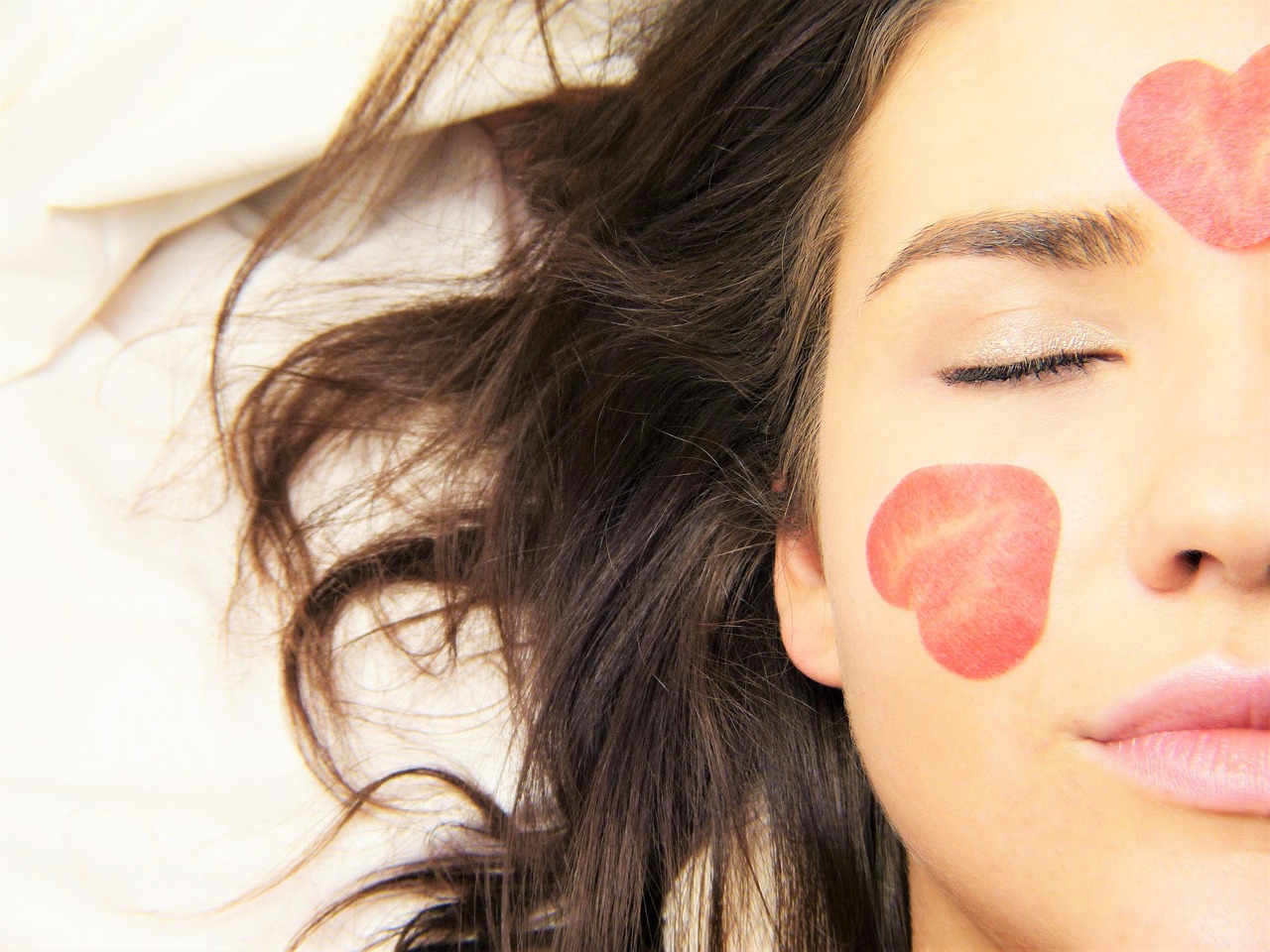

How Often Should You Really Get a Facial? Expert Advice for Glowing Skin
How Often Should You Really Get a Facial? Expert Advice for Glowing Skin
Ever find yourself unsure whether you’re pampering your skin enough. Or too much? When it comes to facials, timing is everything. Getting the frequency right can transform not just how your complexion looks, but how it feels day to day. Professional facial treatments promise more than surface-level results, but the key is knowing what works for your skin and lifestyle.
Recommended Facial Frequency by Skin Type
No two faces are the same, so neither should your treatment schedule be. Professional estheticians often begin with a detailed consultation, just as you’d experience at Hotel du Vin Spa, where your skin type, lifestyle, seasonal factors, and current skincare routine are taken into account.
-
Dry skin: Those prone to flakiness, tightness, or rough patches often benefit from a facial every 4 to 6 weeks. Regular, deeply hydrating treatments gently remove dead cells and help strengthen your skin’s moisture barrier.
-
Oily skin: Monthly facials can be a game-changer, especially when clogged pores, shine, or breakouts are regular visitors. Treatments focused on deep cleansing and balancing oil production make a noticeable difference.
-
Combination skin: If your skin changes from day to day, sticking to a treatment every 4 to 6 weeks keeps both dry and oily zones under control. Facials tailored to combination skin blend hydrating and purifying ingredients for balance.
-
Sensitive skin: For those with reactive or redness-prone complexions, it’s wise to start with quarterly (every 3 months) visits, gradually increasing frequency if your therapist observes improved resilience.
Ultimately, your skin’s needs may shift throughout the year, which is why ongoing communication with your therapist is valuable.
The Real Benefits of Monthly Facials
Many skincare experts outline significant perks when you commit to regular treatments. Monthly facials are aligned with your skin’s natural renewal cycle, which averages 28 days. This timing enhances the results of exfoliation and hydration, making your at-home products work harder. Clinical-grade deep cleansing, expert extractions, and targeted masks performed by skilled therapists unlock benefits like:
- Fresher, more even skin tone
- Softer, smoother texture
- Improved elasticity and firmness
- Reduce congestion, breakouts, and blackheads
- Long-term improvement in skin hydration and glow
One of the subtle but overlooked benefits is how a monthly facial enables your beauty therapist to track subtle changes or concerns. They’ll adjust your regimen before major issues arise.
Signs It’s Time to Book a Facial
While regular visits maximize the benefits, sometimes your skin sends clear signals between appointments. If you’re seeing any of these, consider booking soon:
- Dullness or a persistent lack of radiance
- Patches of dryness, flaking, or excess oil
- An increase in breakouts or congestion
- Rough or uneven skin texture
- Sensitivity, redness, or visible irritation
Pausing to address these signs promptly with a professional treatment helps you stay ahead of problems before they escalate.
Customising Facials for Seasonal Skin Changes
Our skin is constantly adapting. Just as your lifestyle and environment change from summer to winter, so do your skin’s needs. Skilled beauty therapists use initial consultations before every treatment to review how your skin responds to recent weather, stress, and even diet changes.
During colder months, hydration and barrier repair become a priority, so your facial may focus on rich masks, gentle exfoliation, and soothing ingredients. In warmer, humid seasons, the goal could shift to deeper cleansing, oil control, and brightening. Spa experts at Hotel du Vin Exeter, for example, use the renowned TEMPLESPA and Nimue product lines. Each selected to provide intelligent, targeted care as your skin changes.
A tailored approach isn’t just for comfort. It ensures every visit delivers optimal results, no matter the season. Therapists might recommend specific add-ons, such as targeted eye rituals or scalp massages, to amplify relaxation and address other wellness needs.
What to Ask When Booking Your Facial
If you want the most from your appointment, don’t hesitate to ask your therapist these questions during booking or your consultation:
- What treatment suits my current skin concerns best?
- Are any ingredients in the products likely to trigger sensitivity?
- How should I care for my skin before and after my facial?
- Can my treatment be adapted seasonally or for upcoming events?
- What results should I realistically expect from this facial?
Bringing up your at-home skincare routine and any medications or allergies helps ensure your treatment is perfectly matched.
Best Practices After Your Facial
The glow you get after a professional treatment is just the beginning. Maintaining those fresh results calls for a few simple habits:
- Avoid exfoliating or applying active skincare products (like retinol or acids) for at least 48 hours, unless directed otherwise by your therapist.
- Hydrate inside and out. Drink lots of water and use a nourishing, gentle moisturiser.
- Skip heavy makeup for a day or two to let your skin breathe and repair.
- Protect your skin with a broad-spectrum SPF, especially if you’ve had exfoliation or extractions.
- Hold off on waxing, chemical hair removal, or self-tanning products for at least 48 hours.
Your therapist will always provide tailored aftercare advice, often sharing tips you can apply between appointments to encourage long-term radiance and resilience. At Hotel du Vin Exeter Spa, therapists make aftercare part of every package, ensuring clients leave not just restored, but equipped to keep their results.
Why Consistency Truly Matters
Skin transformation is rarely overnight. Real, lasting improvements come from commitment. Just as you’d see with any healthy habit. Monthly facials, in sync with your skin’s renewal cycle, build cumulative benefits with each visit. This ongoing attention supports not only visible improvements but also strengthens your skin’s resilience to everyday stressors.
Consistency gives your therapist the chance to fine-tune your care plan, spotting patterns before they become problems and introducing new solutions as your skin evolves. The expert touch, paired with innovative professional products, creates results beyond what most people achieve at home. Spa therapists offer insights and techniques you can carry into your daily routine, fostering a partnership in your journey toward confidence and health.
It’s this ongoing relationship with your therapist that helps tackle everything from seasonal dryness to hormonal breakouts, ensuring you always feel your best. Never just at your appointment, but every day.
Your Guide to Booking at Hotel du Vin Exeter Spa
Choosing the right environment for your treatments sets the tone for your entire skincare experience. At Hotel du Vin Exeter Spa, you’ll find a welcoming space designed for boutique tranquillity and advanced expertise. Whether you’re seeking a rejuvenating glow, targeted solutions for specific conditions, or a luxurious day escape, their expressive menu includes facials tailored to every age and concern.
The spa is open from 10:00 am to 6:00 pm Sunday to Friday, and from 9:00 am to 6:00 pm on Saturdays. Bookings are required in advance, with the spa team offering detailed consultations so every visit is truly personal. If you have particular allergies, recent skin treatments, or health changes, informing your therapist during booking ensures a seamless, safe and effective visit. Following your facial, all guests receive aftercare recommendations, supporting glowing results that last beyond the treatment room.
Frequently Asked Questions
How often should I really get a facial for the best results?
For most people, having a professional facial every four to six weeks works well, as this matches the natural turnover of your skin cells. However, if you have sensitive skin or a specific condition, your therapist may recommend a less frequent schedule until your skin’s resilience improves.
Do facials help with breakouts or acne-prone skin?
Regular facials. Especially those focused on deep cleansing and gently unclogging pores. Can help manage breakouts. Professional extractions, soothing masks, and ingredient recommendations offer targeted support, but always communicate ongoing acne treatments to your therapist.
How should I care for my skin after a facial?
Use gentle cleansers and hydrating products, skip aggressive exfoliants or active serums for at least 48 hours, and avoid direct sun for a few days. Hydration, both from moisturisers and water intake, is key for maintaining that post-facial glow.
What’s the difference between at-home and professional facials?
Homemade treatments can be soothing, but trained therapists use specialized products and techniques that cleanse, exfoliate, and nourish at a much deeper level. A professional can also adapt each session to your precise needs. Something home routines simply can’t match.
Can facials be adjusted for seasonal changes or special events?
Absolutely. Experienced therapists review your current skin condition and environmental exposure at every visit. Treatments can be tailored to focus on hydration in the winter, oil control in the summer, or extra radiance before events, always optimizing for your skin’s unique needs.




